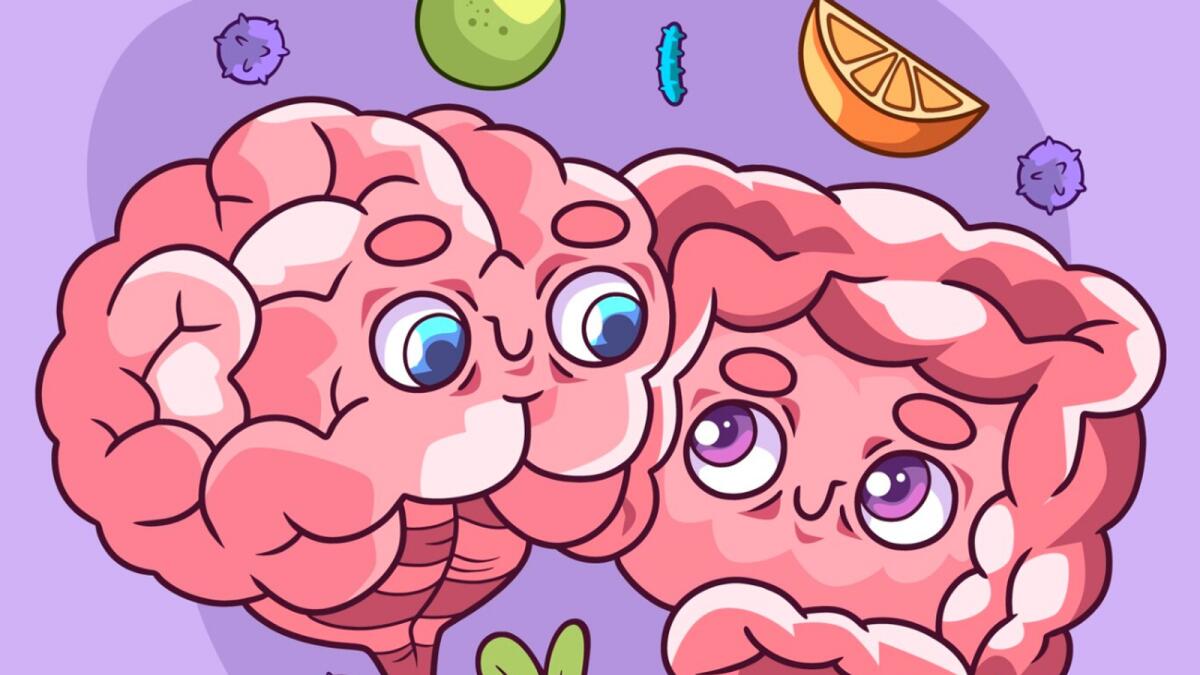The gut-brain connection is a fascinating and intricate system that links our emotions to our stomach problems and vice versa. By nurturing our gut health, we can significantly improve our mental, emotional, and overall well-being. This connection involves the enteric nervous system (ENS), the vagus nerve, and the gut microbiome. The ENS, often referred to as the second brain, regulates many aspects of digestive function independently of the central nervous system, including the movement of food, enzyme secretion, and blood flow in the gastrointestinal system. The ENS also produces neurotransmitters like serotonin and dopamine, which play crucial roles in mood regulation and emotional responses. The communication between the gut and brain occurs through the gut-brain axis, involving the vagus nerve and other pathways.
The vagus nerve acts as a major conduit for transmitting signals between the gut and brain bi-directionally. It conveys sensory information about the gut’s conditions to the brain and motor signals from the brain to the gut. Emotions like stress can disrupt these signals, leading to gastrointestinal issues. Gut microbes also play a significant role in the gut-brain connection by producing neurotransmitters and chemicals that affect brain function. Studies suggest that the gut microbiome may be involved in neurological, mental health, and functional gastrointestinal disorders. This overlap indicates the importance of maintaining a healthy gut for overall well-being.
Celebrity Nutritionist and Lifestyle Educator, Nupuur Patil, highlights the constant communication between the brain and digestive system. Stress hormones can influence digestive function and the gut microbiome, affecting immunity and overall health. It’s essential to take care of mental health, as it is directly connected to sleep patterns, stress levels, and gut health. The bi-directional communication between the brain and gut means that digestive problems can also impact mood and behavior, emphasizing the importance of maintaining gut health for overall well-being.
In conclusion, the gut-brain connection is a sophisticated system that directly links our emotions and mental health to our gut health. By understanding and nurturing this connection, we can significantly improve our overall well-being. Factors like stress, emotions, and gut microbiota play crucial roles in this connection. Maintaining a healthy gut through proper nutrition, stress management, and mental health is essential for ensuring a harmonious gut-brain axis and overall wellness. By prioritizing gut health, we can optimize our mental, emotional, and physical health, leading to a better quality of life.










